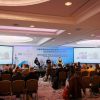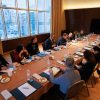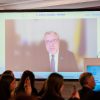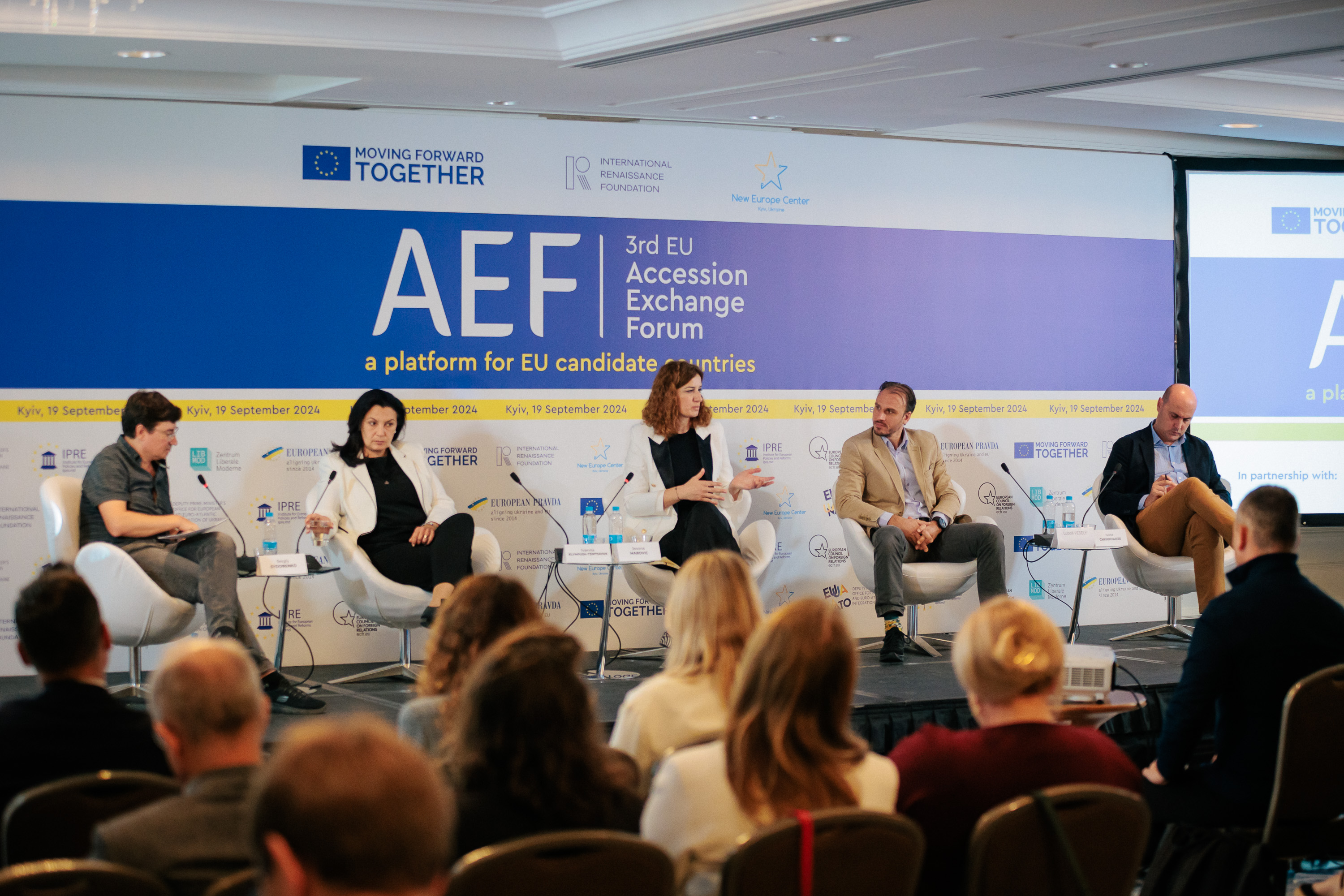
We bring to your attention the key messages of the speakers from the Session 2 “Taking stock of the reforms in the candidate countries and the EU: What now? What next?” during the 3rd EU Accession Exchange Forum:
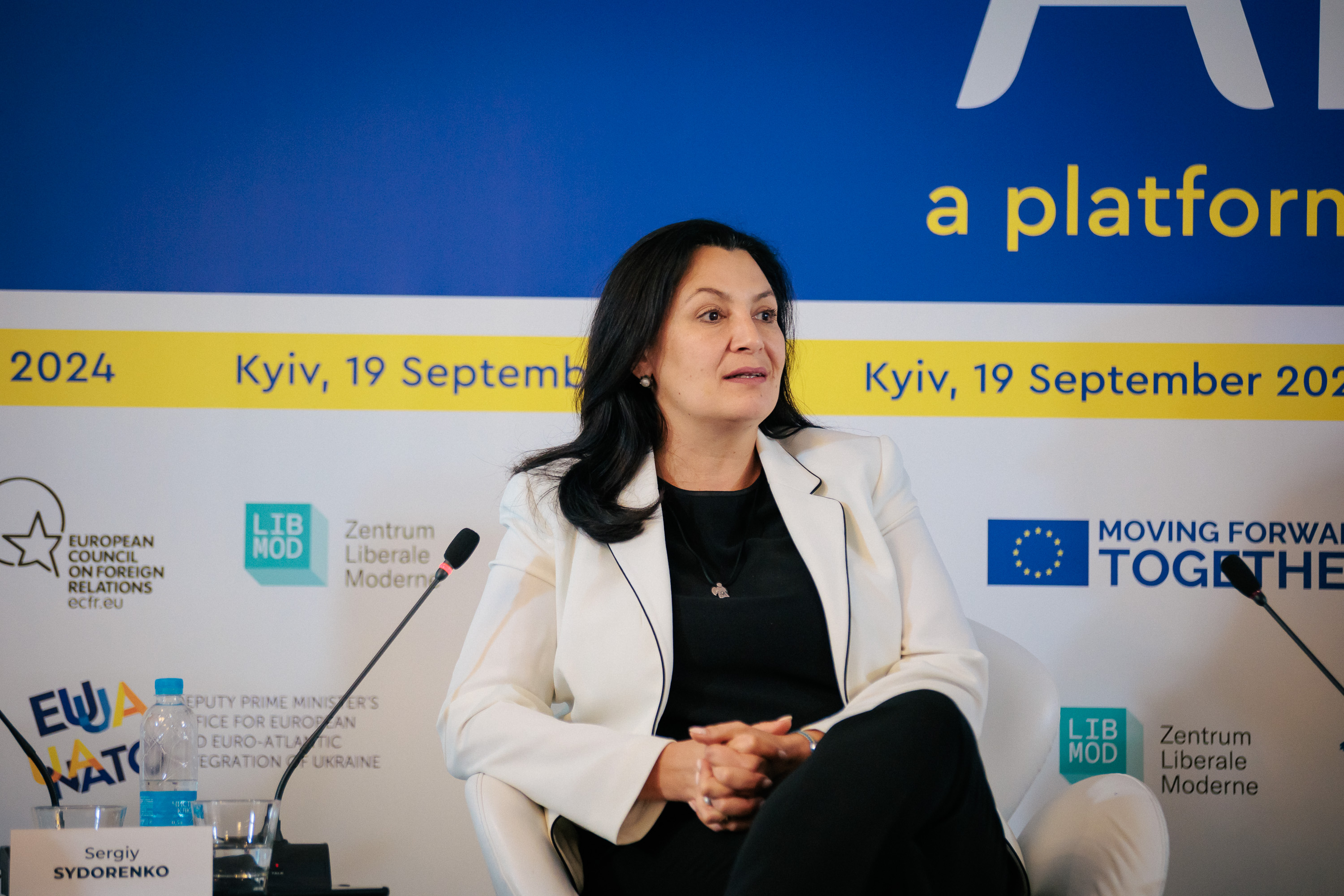
Ivanna Klympush-Tsintsadze, Chair of the Committee on Ukraine’s Integration into the EU of the Verkhovna Rada of Ukraine:
The European Union has reinvigorated its readiness for the enlargement with the processes that have started with a full-scale invasion of the Russian Federation against Ukraine. On behalf of the European Union, it was a very right thing to do a few political advances with regard to Ukraine, Moldova, and Georgia. Because it is about acknowledgement that this process has to be widened to include both Western Balkans and the Eastern neighbours of the European Union.
The European Union has understood that it’s not only an economic process, but it’s very much a geopolitical one. And that’s the background for all these two and a half years that we have seen changes in some of the decisions.
I think there is temptation for the EU to go into a lengthy process of the internal reform without setting the clear dates of when and how this internal discussion will end and will it be tied to the readiness of candidate countries to join the EU. We insist that we should not become hostages to the inability of the EU to finish the internal reform.
The enlargement process shouldnot be as it was with regard to trying to defend the interests of the European markets vis-à-vis the newcomers. It should be a win-win process that would turn the European market into a really competitive market on the world stage. I think that with all of us joining, that would exactly be the benefit for the competitiveness of the EU.
We also need to get the societies on board in this process. Russian Federation is not sitting aside and not waiting for the EU to decide and sort out its own problems and is actively trying to ensure that the support of society is not there. This is our common problem, and we have to work on it all together: not only on the governmental level, but also on civil society and expert levels.
I don’t really see the systemic attempts internally in Ukraine to get stronger institutional capacity. This is really hard work and also about very serious engagement, keeping in society on board and explaining what does it mean and why it matters. I think we have this possible fear of communication and coordination of our activities between the civil society, experts` community and authorities. That is the challenge that may backfire, and I’m very worried, because it is, to an extent, what we see in Georgia. The society is still there, but there is constant temptation to blame West for mistakes or conscious decisions that the authorities are making right now vis-à-vis West, its own society and Russian Federation.
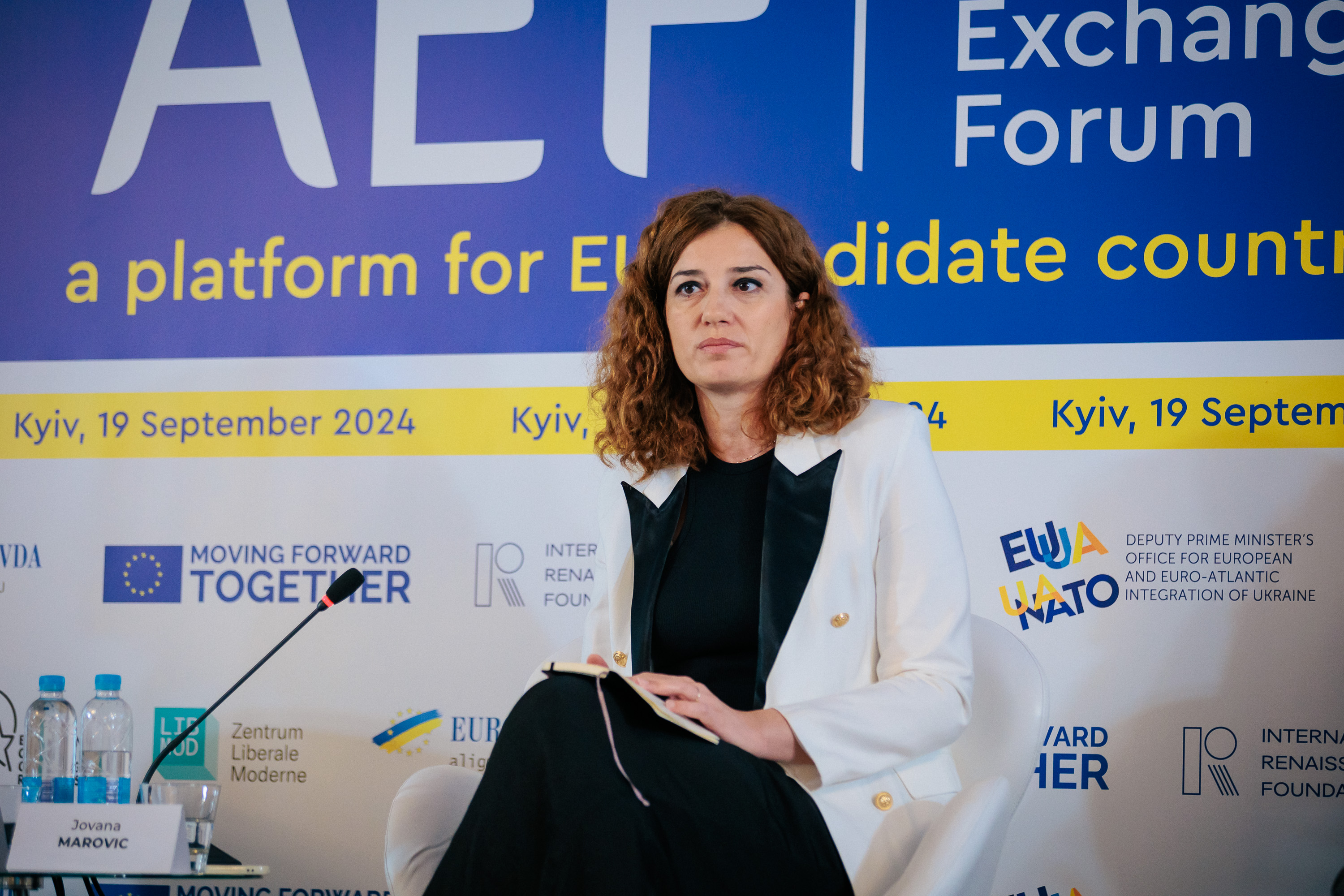
Jovana Marović, Former Deputy Prime Minister and Minister of European Affairs of Montenegro:
Talking about the best framework for the negotiations. It’s really important to have political level coordination and to have European integration as the top priority for the government. And it doesn’t matter in that sense which institutional framework you prefer to be.
Gradual integration will be the main driver towards the candidate countries, which is maybe better than what we have at the moment with the Western Balkans waiting 21 years.
We are still not sure whether we have two enlargement processes and whether the enlargement process is still the one with the same criteria and same merit-based approach. Because we will
have this portfolio within enlargement commission or portfolio of reconstruction of Ukraine, and we believe that we will have two tracks when it comes to enlargement. It’s good because Ukraine deserves a better approach and a different approach, but still I think that we have to fight for the same conditions in terms of if we are delivering, we should get something in reward.
The EU has to be stronger in order to be bigger. If there is gradual integration, when it comes to candidate countries and the Western Balkans, then it should be gradual plan on how to strengthen the European Union. At the moment, we don’t have any proposal that happens in practice on how to reform the EU.
We have to work together in order to get the best possible scenario from all these circumstances which we are together in. That’s one thing and then the other thing that you have to work every day and constantly on getting public support for the EU membership – that means you have something from the European Union, but also you have to deliver.
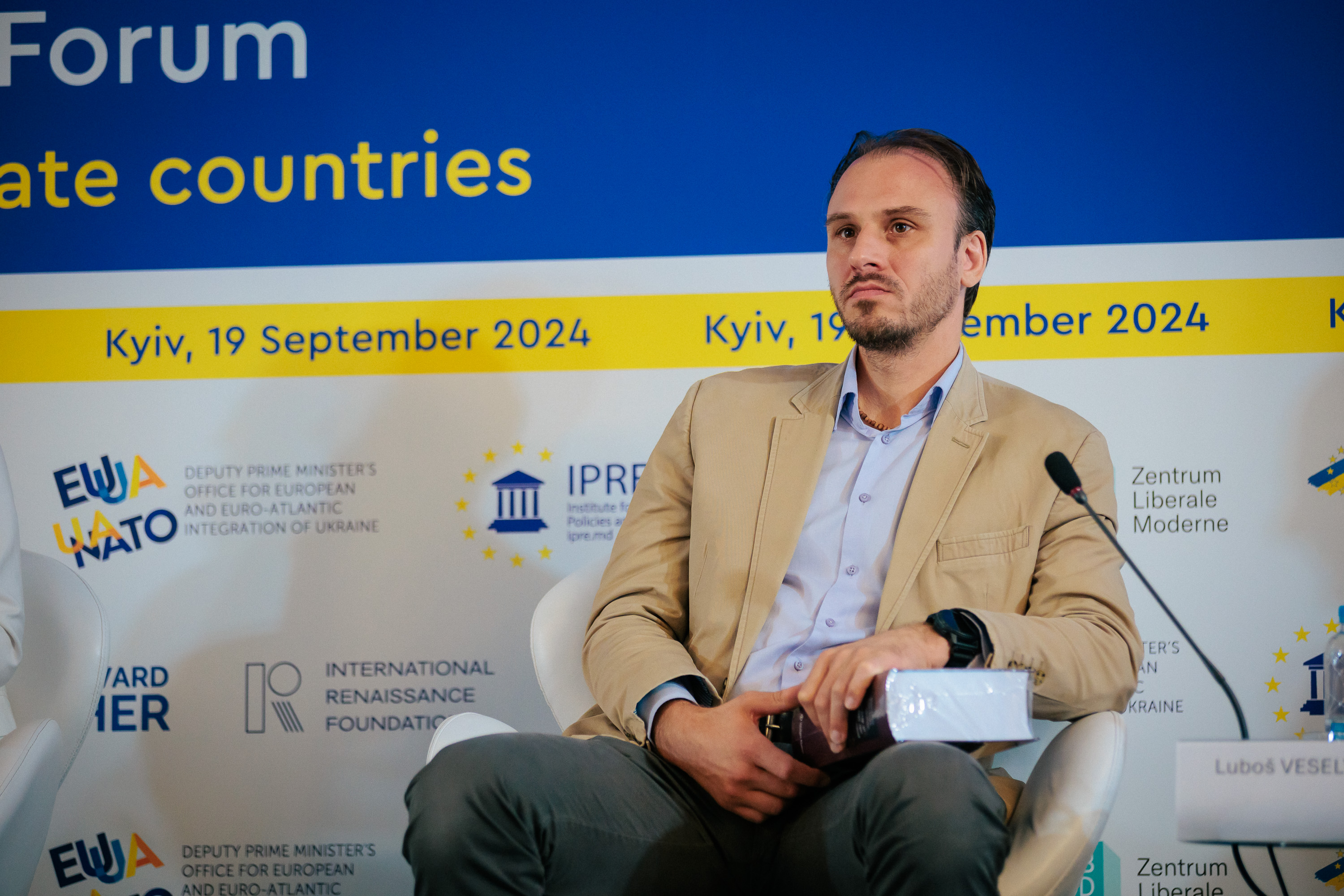
Luboš Veselý, Adviser to the Minister of Foreign Affairs of the Czech Republic:
The accession process, I’m afraid, will be very difficult for everyone from Ukraine, Moldova, Western Balkans, the EU as well. It will be rather long, it will be really difficult, both from the side of the internal politics, from the side of the technical negotiations. That will be a really painful process, but I’m sure Ukraine and others can deliver. But it will be a lot of work for all of us.
The litmus paper of the reforms conducted and the rule of law is the interest of business to invest. This trend is very important. And if we keep the positive development of this trend, then it will support the accession process as well, with all those bureaucratic and political burdens.
I think when it will come to really technical questions in enlargement process, especially on budget, the situation, and the enthusiasm might be even more complicated in different countries. So we really need to work with societies, with the NGOs, think tanks.
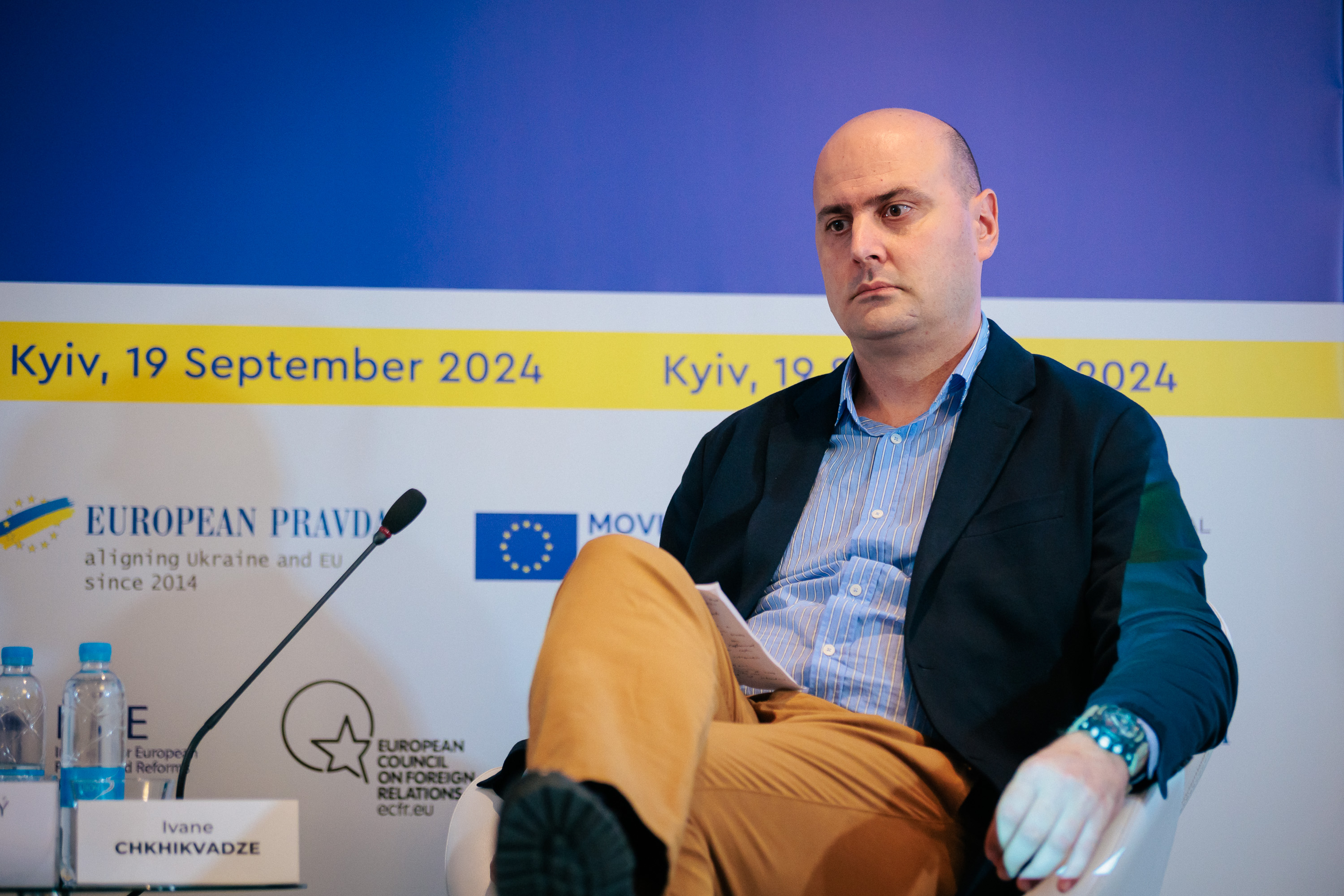
Vano Chkhikvadze, EU Integration Program Manager at Open Society Foundation Georgia (OSGF):
If there were no applications submitted by Ukraine and Moldova, Georgia would not be within the accession process. Last December, Georgia got the candidate status, but giving it sent a double signal. On the one hand, Georgian society welcomed it. But at the same time, the Georgian authorities thought that they could continue picking their low-hanging fruit, because they delivered only the easiest conditions that were required.
Almost the entire country and people acknowledge that this fight for the EU integration is our fight and not for Europeans. The best opportunity for us is general elections in Georgia on October, 26. And these elections are one of the crucial, if not the most crucial elections that we ever had since our independence. The government propaganda is very much playing on the trauma of the 2008 war, and also the ongoing war between Russia and Ukraine, and they’re basically saying that this election is a referendum between peace and the West. The opposition side also labels it as a referendum and says that this is actually choice between the West and remaining Russians back here.
The Session 2 was kindly moderated by Sergiy Sydorenko, Editor of the European Pravda, Ukraine.
Video recording of the Forum is available here.
PHOTO report of the Forum is here.
The EU Accession Exchange Forum is organized by the New Europe Center in partnership with the Office of the Deputy Prime Minister of European and Euro-Atlantic Integration of Ukraine, the International Renaissance Foundation, the European Council on Foreign Relations, the Institute for European Policies and Reforms, the Center for Liberal Modernity and the European Pravda. The EU Accession Exchange Forum is taking place with EU support, within the EU-funded “European Renaissance of Ukraine” project implemented by the International Renaissance Foundation.
New Europe Center is greatful for wide media support of the Forum to informational agency UKRINFORM.



